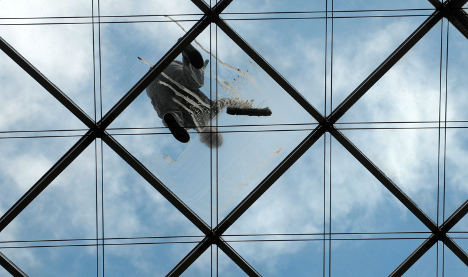A survey of German managers conducted for the Handelsblatt business newspaper showed 57 percent wanted a mandatory minimum wage in the country. Those in service industries were the most in favour with 61 percent saying they wanted a minimum wage.
An hourly rate of €8.88 was considered suitable, the managers told pollsters from Forsa who carried out the survey. This is more than the €8.50 an hour promised by the Social Democrats.
Only seven percent of those asked said the introduction of a minimum wage would lead to job cuts in their own company – although those in the north and east were less optimistic, with 12 percent expecting a minimum wage to cost jobs, than those in the centre and south, where just six percent had such expectations.
The social rift in Germany between rich and poor had been growing over the past decade, 59 percent of the managers agreed. Just six percent said the wealth gap had shrunk.
Yet despite a recent explicit promise by opposition Social Democrats that they would introduce a minimum wage if they won the September general election, hardly any business managers trust them with the economy.
When asked which party they would like to see implement economic reforms after the coming election, 53 percent of the managers went for Chancellor Angela Merkel’s Christian Democratic Union, while current coalition partner the Free Democratic Party got 18 percent. The Social Democrats were able to muster just two percent support, while even the Greens managed twice that with four percent.
The Local/hc



 Please whitelist us to continue reading.
Please whitelist us to continue reading.
Member comments